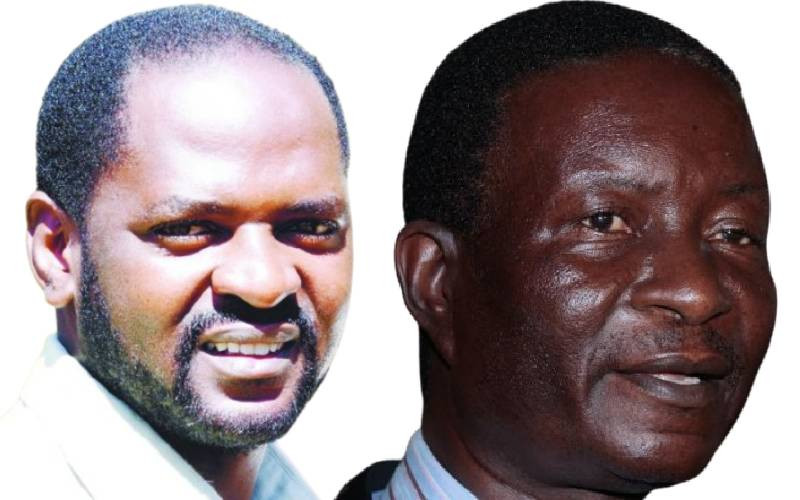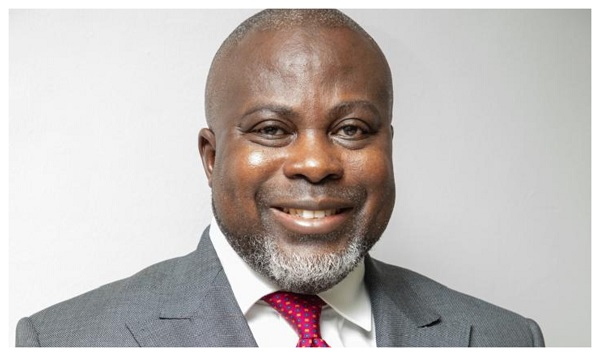GRA Chief Urges Economic Reset to Safeguard Ghana's Future Prosperity | News Ghana
Speaking at a televised National Economic Dialogue aired on Channel One TV, Sarpong framed the call as a moral imperative for current leaders to “create opportunities” for younger generations, warning that delays risk exacerbating fiscal vulnerabilities.
“We stand at a pivotal moment in our economic journey,” Sarpong declared, echoing President John Mahama’s recent emphasis on “resetting” national priorities. He underscored the need to align tax policies with business growth, arguing that revenue mobilization and economic expansion are inseparable. “Taxes thrive when businesses thrive. If enterprises struggle, so does our ability to fund development,” he said, pointing to sluggish corporate profits and compliance gaps as symptoms of broader systemic challenges.
Sarpong’s address highlighted the paradox facing Ghana: while the government seeks higher tax revenues to reduce debt and fund public services, businesses grapple with inflation, currency depreciation, and rising borrowing costs. His remarks come amid a fraught economic climate, with Ghana navigating a $3 billion IMF bailout program following its 2022 debt default. The commissioner-general stressed that policies must prioritize private sector resilience, suggesting incentives for innovation and measures to stabilize inflation, which has hovered above 20% for much of the past two years.
Critics, however, question whether the GRA’s own reforms—such as digitizing tax collection and cracking down on evasion—are sufficient to address structural barriers. “Streamlining revenue collection is vital, but businesses need affordable credit and reliable infrastructure first,” argued a financial analyst familiar with Ghana’s fiscal landscape, who spoke anonymously due to the sensitivity of the topic. Others note that repeated tax hikes, including the controversial COVID-19 levy and e-levy, have strained households and deterred investment.
Sarpong acknowledged these tensions but insisted a “recalibrated” approach could balance fiscal needs with economic revitalization. He pointed to long-term horizons, urging stakeholders to look beyond immediate crises. “By 2050, today’s youth will lead this nation. We owe them an economy that rewards ambition, not one stifled by short-term thinking,” he said, advocating for bipartisan collaboration to overhaul outdated systems.
The dialogue has reignited debates over Ghana’s economic trajectory, with some observers praising Sarpong’s focus on intergenerational equity while others demand faster action. Small business owners, particularly in sectors like manufacturing and agriculture, remain skeptical. “We hear grand visions, but survival is our daily reality,” said a Kumasi-based retailer, reflecting widespread frustration over soaring input costs and erratic power supply.
As the government prepares its 2025 budget, Sarpong’s appeal underscores a pressing dilemma: how to reconcile austerity with growth in a nation where 40% of public revenue already services debt. With the IMF urging stricter fiscal discipline and elections looming, the path to “resetting” Ghana’s economy appears fraught—but undeniably urgent.
Follow on Google News







